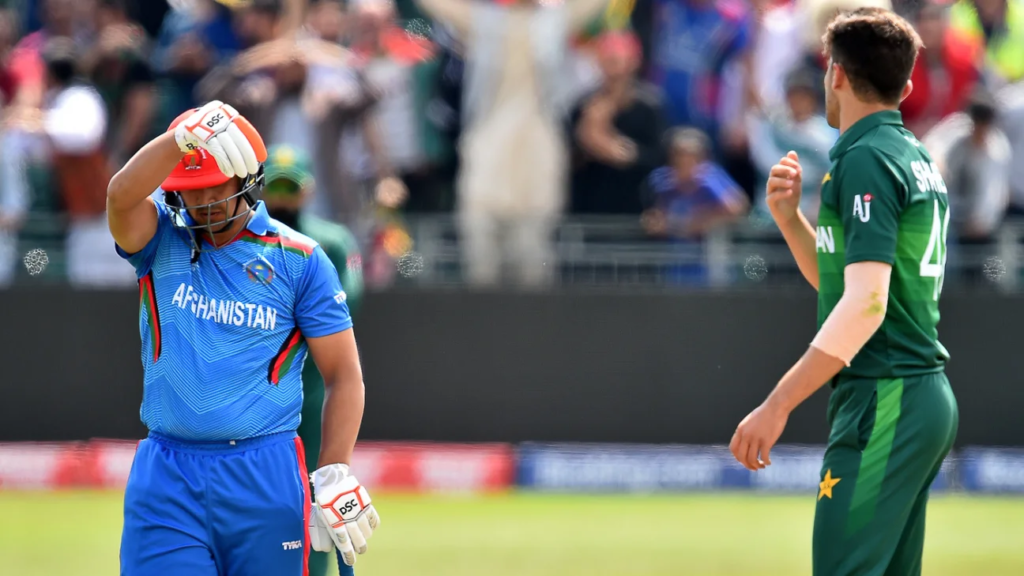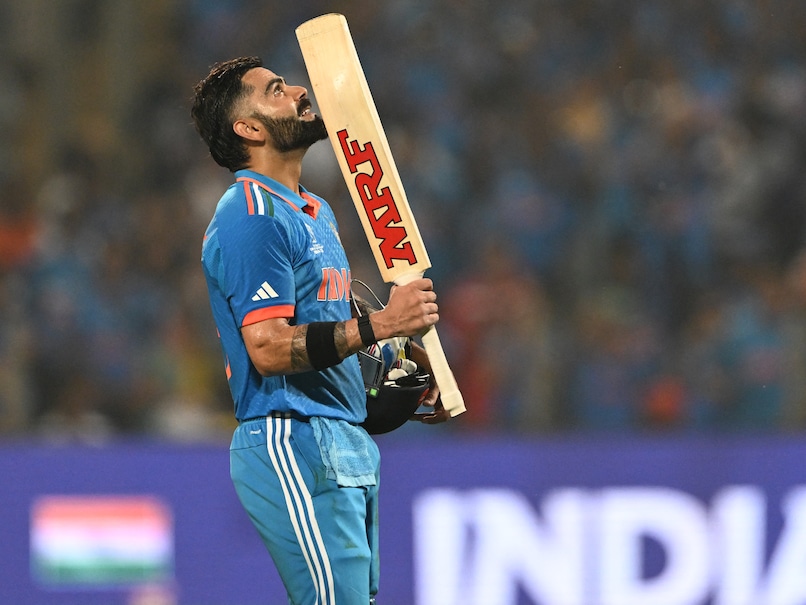Babar Azam is a young man on a steep learning curve and someone, who needs to be hand held in this tumultuous journey called international cricket, feels Pakistan coach Mickey Arthur after his team failed to qualify for the World Cup semi-finals. Pakistan’s No 1 batter Babar failed to score even a single century in the global showpiece and his captaincy came under the radar with team losing five of its nine league games, playing brand of cricket which former skipper Ramiz Raja termed “very 80s”.
“We were a real tight knit unit. I get behind Babar. Babar is very, very close to me. He’s a young guy that needs to be taken on the journey with. He needs to be shown the ropes,” Arthur said after Pakistan ended their campaign with a 93-run defeat, their fifth in nine matches.
The criticism primarily centred around his lack of aggression and his decision-making abilities on the field as many former Pakistan cricketers suggested that his captaincy is weighing on him.
“He’s still learning all the time. We know he’s a very, very fine batsman. He learns every day with his captaincy. He’s growing and we have to allow him the time to grow. And in order to do that, you (have to allow him to) make mistakes,” Arthur said.
“It’s not a crime to make mistakes as long as you learn from those mistakes and as a group, we’ve made a lot of mistakes this World Cup but if this group grows and learns from it, we’ve got the core of a very, very good side,” he said.
He further stressed on the need to shut the outside noise and look forward with focus on creating a stable environment.
“There’s always outside noise, whatever World Cup you are at there’s outside noise. The key for us as leaders within that group is to make sure that we make the players deaf to that outside noise.
“As I say, for us as a group and us as a team, particularly for us as leaders, we’ve got to create a stable environment,” he said.
Naseem absence upset equilibrium
The absence of fast bowler Naseem Shah had upset their equilibrium, Arthur said.
Shah suffered a shoulder injury during Pakistan’s second game against India in the Asia Cup in September as he was later ruled out of the World Cup.
In his absence, Pakistan pace bowling attack in Shaheen Shah Afridi and Haris Rauf lost their sheen.
“Our bowling equilibrium was out of kilter because Naseem Shah provides the consistency, whereas it allows Shaheen Shah to attack, and then you can attack with your leg spinner and you attack with Harris Rauf.
“So, the equilibrium was upset but that is no excuse at all because quite frankly we haven’t played well enough. We haven’t bowled well enough at times.
“We haven’t batted well enough at times. We haven’t been as consistent as we have to be in order for us to progress to a semi-final and a final. And that is the fact of it,” he said.
“I don’t think we played our best game here. I think I really believe the best four teams in the competition are now playing the semifinal. I think what we’ve seen is that, and it’s something that we’ve continually tried to push is that we’re behind the eight ball.
“Batting-wise, we have to become a 330-350 team. Our game needs to go to another level. The teams that are doing that and doing that consistently are the teams that are in the semi-final. And I don’t think we’ve done that consistently enough. We do that when Fakhar Zaman comes off and we can’t just be relying on one-on-one player,” he said.
“Pakistan cricket very close to me”
The South African, who coached Pakistan between 2016 and 2019, is also serving Derbyshire as their head coach and is one-year into a four-year contract.
He had struck a deal as the Pakistan team director in a dual role ahead of the World Cup.
Asked if he’s ready to face the consequences, Arthur said: “Yeah, look, I’ll just go back to Derbyshire, I’ll be really happy and that’ll be okay.” “But I came in to do this job, obviously in conjunction with Derbyshire because I care a hell of a lot for the Pakistan dressing room,” Arthur seemed unfazed.
“I care for Pakistan cricket. Pakistan cricket is very close to my heart, and that was the reason that when Mr. Sethi came calling, I did it, was because I want to give stability, I want to give the structure, I want the players to be able to grow up in an environment that’s consistent and stable, outside of all the ramblings and the noise that goes on. We owe it to those players.
“There’s some, as I say, there’s some very young players who get affected by all the ramifications of what goes on the outside. As I say, we’ve just got to stay consistent for them because it’s their careers and there’s some very fine players there,” he said.




